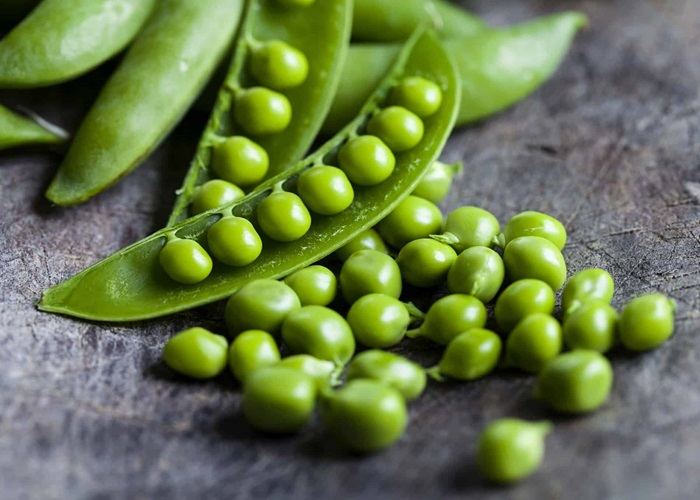On December 16, 2024, Japan has announced the removal of enhanced surveillance checks on Chinese-produced immature peas. This decision comes after a thorough review of silfluzole residue levels, ensuring food safety standards are met.
Background on Surveillance Measures
Japan previously implemented enhanced surveillance measures on Chinese immature peas due to concerns over silfluzole residues. Silfluzole is a pesticide used in agriculture to protect crops from various pests. The increased scrutiny aimed to ensure that imported products complied with strict safety regulations. These measures were put in place to safeguard consumer health and maintain high food safety standards.
Positive Test Results Lead to Decision
Positive test results have led to this recent decision. Over several months, Japanese authorities conducted rigorous inspections on imported immature peas from China. The tests consistently showed that silfluzole residue levels were within acceptable limits. This consistent compliance convinced regulators that enhanced surveillance was no longer necessary.
Ensuring Food Safety Standards
Ensuring food safety standards remains a top priority for Japan. Regular monitoring will continue to verify that all imported agricultural products meet the country’s stringent requirements. Authorities emphasize that lifting enhanced surveillance does not compromise safety. Instead, it reflects confidence in China’s adherence to agreed-upon safety protocols.
Strengthening Bilateral Agricultural Trade
This move strengthens bilateral agricultural trade between Japan and China. It signals improved trust in the quality control processes of Chinese exporters. For Chinese producers, this decision can lead to smoother exports and reduced inspection times. Both countries benefit from more efficient trade practices while maintaining high food safety standards.
Consumer Confidence and Market Stability
Consumer confidence and market stability are key outcomes of this decision. Consumers can rest assured that the imported immature peas they purchase are safe for consumption. Market stability is maintained as trade barriers are reduced, allowing for a steady supply of affordable produce. This balance supports both economic growth and public health.
Continued Cooperation and Monitoring
Continued cooperation and monitoring will be essential moving forward. Japan and China will work closely to address any future concerns promptly. Regular dialogue between regulatory bodies ensures that both sides remain committed to upholding high food safety standards. Ongoing collaboration fosters mutual trust and enhances the reliability of the food supply chain.
Conclusion
Japan’s decision to lift enhanced surveillance on Chinese-produced immature peas underscores its commitment to food safety and international trade cooperation. By basing this decision on positive test results and ongoing compliance, Japan maintains high safety standards while fostering stronger trade relations with China. This balanced approach benefits consumers, producers, and the broader economy.
Related topics:


